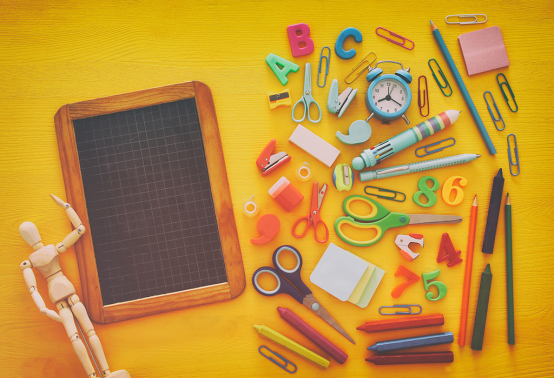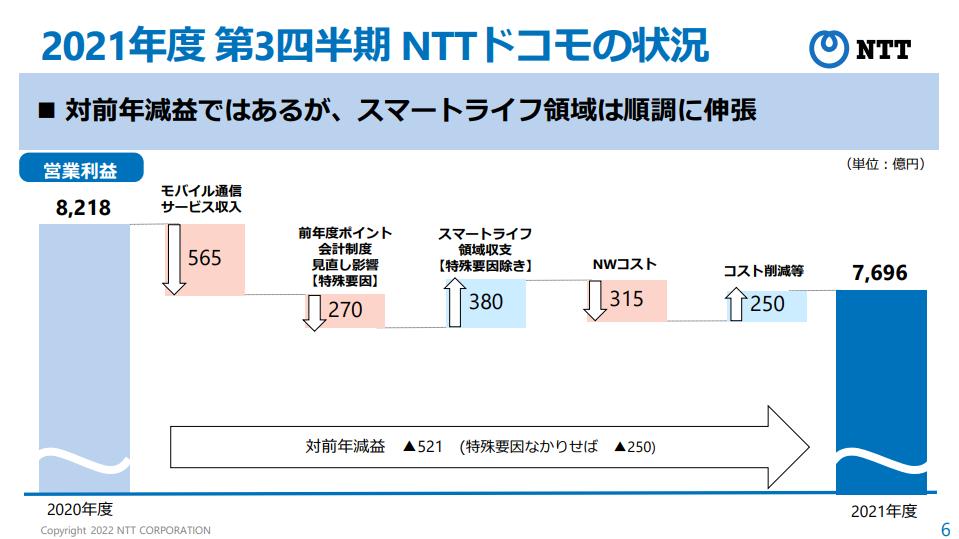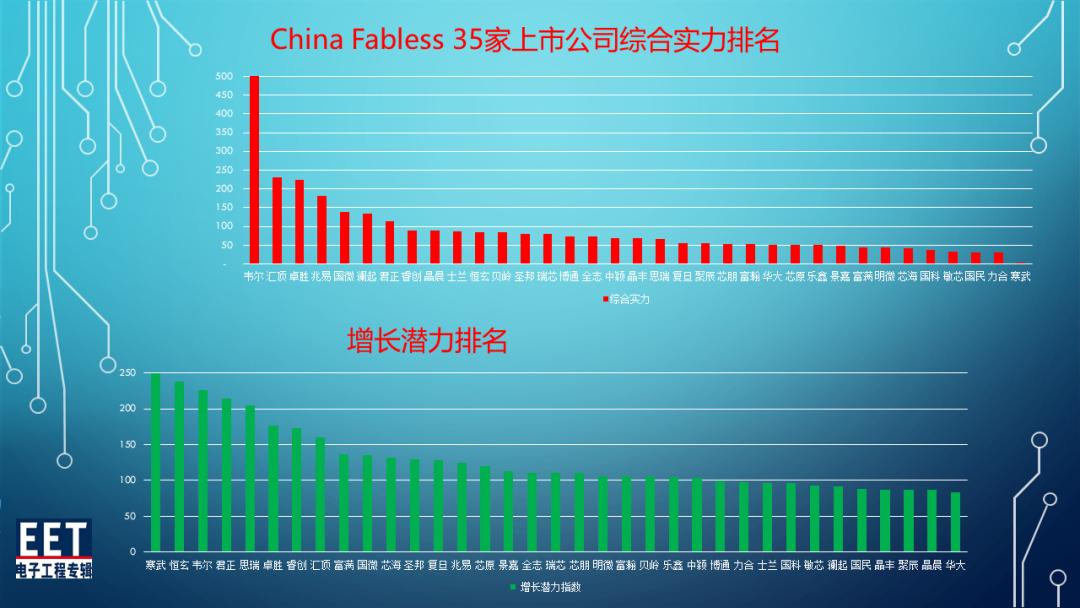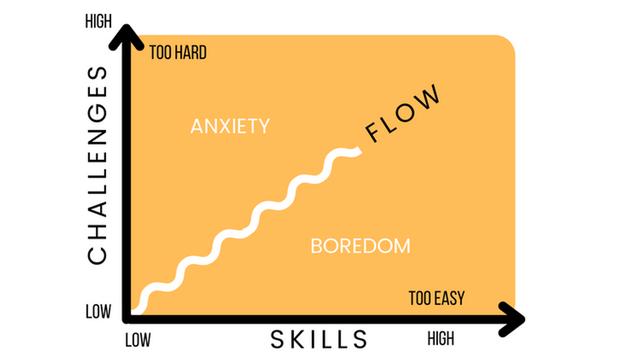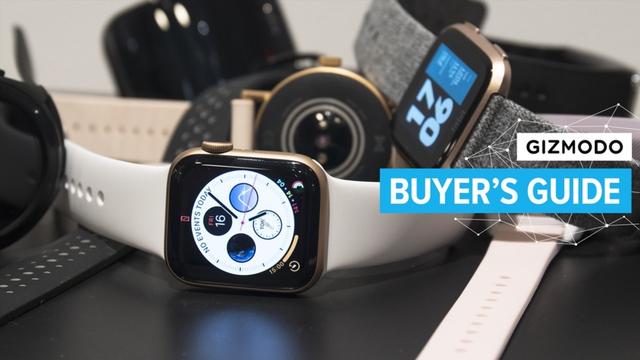Security information for safe digital use delivered by Canon MJ Cyber Security Information Agency ESET Are smartphones eavesdropping on our conversations?
It is often said that smartphones (hereinafter referred to as smartphones) may be eavesdropping on daily conversations for the purpose of advertising. However, are these things really going on? Have you ever tried testing while worrying about such rumors? Have you ever checked to see if an ad about a product you talked about with a friend (e.g. a product like a vacuum packaging machine or a scented strainer) appears in your social media content? In this case, you may forget the test itself if you notice it. I guess I'll put it down
There is a lot of debate about whether social media apps are eavesdropping. No, but in most countries around the world, doing so without the user's permission is illegal and difficult for companies to do.
So I (Jake Moore) conducted a poll to find out what Twitter users think about this issue and whether people feel their phones or apps are being tapped. bottom. Interestingly, about 80% of the 234 respondents answered that their smartphones were tapped. In particular, this tendency was more pronounced in the retweet responses from my followers and the InfoSec community.
Here, I would like to consider whether wiretapping is actually possible. If revealed, the online services involved will come under fire and companies will be forced to give up on continuing their business.
If a smartphone were to eavesdrop on our conversations, how much memory would it need? Recording a typical conversation as voice requires about 115 megabytes per hour (monaural, calculated at 15 bit depth). is assumed not to be recorded).
Also, we don't talk all day long. Therefore, it is set that one quarter of the 15 hours is spent talking. This results in us consuming about 430 megabytes of data per person per day. Instagram currently has 800 million users. Approximately 344 petabytes (10 to the 15th power bytes) of memory are required for storage. Taking this into account, at the current pace, 2,500 petabytes (10 to the 18th power or 2.5 exabytes) of data will be generated worldwide every day. Even with some compression on the part of social media platforms, is it really possible to process such a huge amount of data?
On a sober level, it would be impractical for social media to handle this amount of data, and it would be impossible to examine it. It is much easier to profile from data from For example, age (from date of birth you enter or via software that can estimate your age), gender, photo analytics that can identify interests, post titles and hashtags, posts you like, posts time spent, etc.
Social media algorithms can also determine whether you are single or married, work status, children/pets, car ownership, fashion style, hobbies, future interests, and more. I would say this list is almost endless. And even before the user considers a purchase, social media makes it possible to infer what to buy next from a wealth of information.
The idea surrounding social media analytics is that you should turn off your app's microphone if you don't want your conversations monitored. If you turn off your mic on Instagram, you won't be able to post to Stories, but that's not a big deal, so we decided to do a test.
First round of tests
In order to get more attention for ad delivery and to be a more accurate test, I turned on my phone's microphone for two weeks. I randomly (and lively) had a clear conversation about the following three random themes that I had never talked about before.
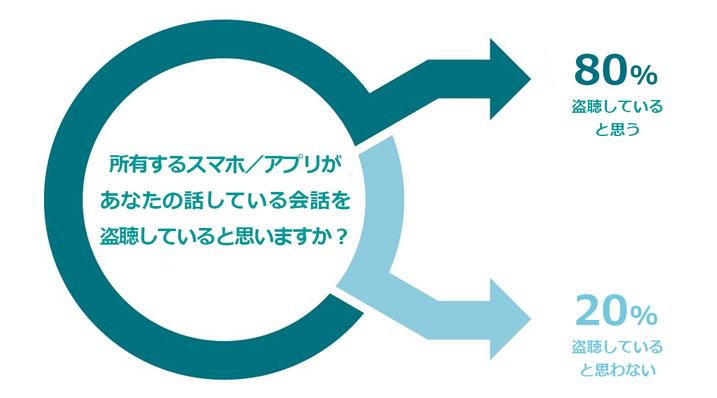
Below is the actual ad I received on Instagram.
I really wanted to put on GUCCI heels and eat toast with avocado in a plastic pool, but I never got an ad about vegan food, high heels, or how to build a swimming pool in my backyard. could not.
The ad didn't reflect the content of the conversation, but the ad that was delivered still caught my attention. It's not hard to assume. It's easy to tell from my Instagram that I'm in my late 30s, married with kids, and love the outdoors and extreme sports in particular.
But I'm interested in whether I've recently had a conversation about the aforementioned products, etc. Perhaps there's a reason why they were distributed. I will state my guess as to whether this ad was delivered.
Snowboard goggles
I talked to various people about their plans to go snowboarding in the near future, but I wonder if the app was listening to them. And the reason is that I regularly "liked" their articles. Additionally, since this article was written in December 2019, winter sports are in full swing in the northern hemisphere (as determined by Instagram based on phone location and profile address).
Cough Medicine
This test was conducted in December 2019. And I was actually coughing a little. However, at that time many people were suffering from colds. It was also the time when many advertisements for this drug were distributed. At the same time, there were also advertisements for cough medicine on TV. But it's too early to say that TV ads have taken advantage of conversations with targets like ours.
Volkswagen Car
I am 38 years old, a young family man and an outdoor hobbyist. That is, it corresponds to the purchasing attribute that prefers Volkswagen cars.
Second test
Next, when I turned off my Instagram microphone for two weeks, the following ad was delivered.
The bag for snowboarding trips was similar to the one I used to own. Hophouse beer, supermarket cheeseboards and Cadbury chocolates would be appropriate for the two weeks before Christmas. It is assumed that it was collected from the Nike shoes page that I was browsing.
What we have to recognize is the fact that these companies know a lot about us. Algorithms aren't there to connect us, they're just there to increase sales and expand targeting via micro-targeted ads*. They are legally prohibited from eavesdropping without our permission. But it might seem so from the examples presented by those who try to "prove" that they are eavesdropping. I think. To optimize ad quality, Amazon requires an opt-in to pick up audio through Alexa for record purposes only.
* A method of efficient marketing by analyzing target data in detail and displaying advertisements that match specific targets.
Who owns what data?
For me, there are some big questions: Can Facebook check what we send and receive on messaging apps like WhatsApp, Facebook Messenger and Instagram Direct Message? They are all owned by Facebook. The following questions arise. Messages sent through these services are encrypted to protect against eavesdropping by third parties (such as law enforcement agencies and governments). Is it being used to strengthen targeting of ad delivery?
Whatever was going on, their precious algorithms were nothing short of spectacular, and we have very little idea of how they work or how much they know about us. One thing's for sure: we're collecting massive amounts of data that are massive, relevant, and personalized, and equal to huge wealth. We want to keep in mind that as long as you use these services for free, you are considered a product of those services.


